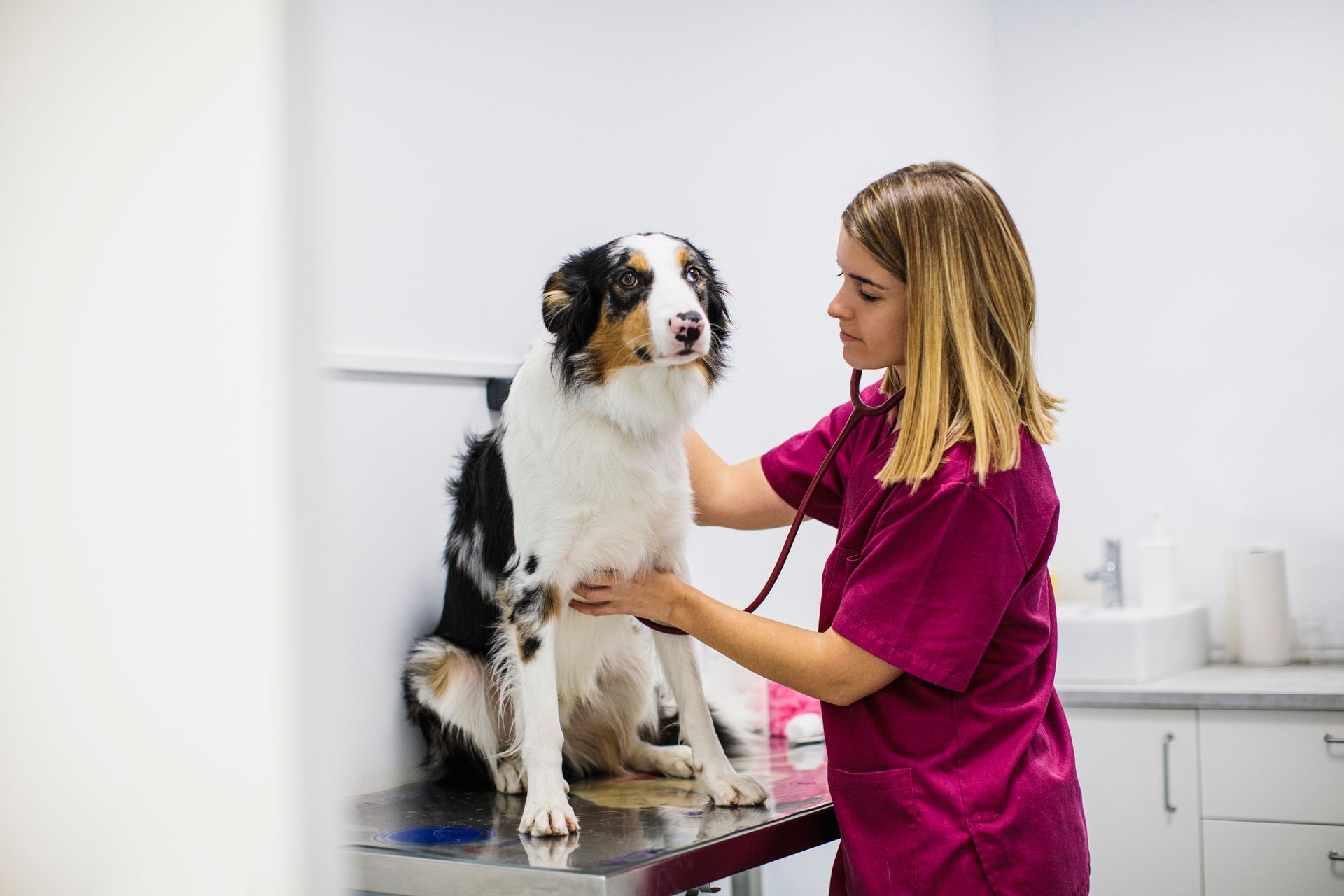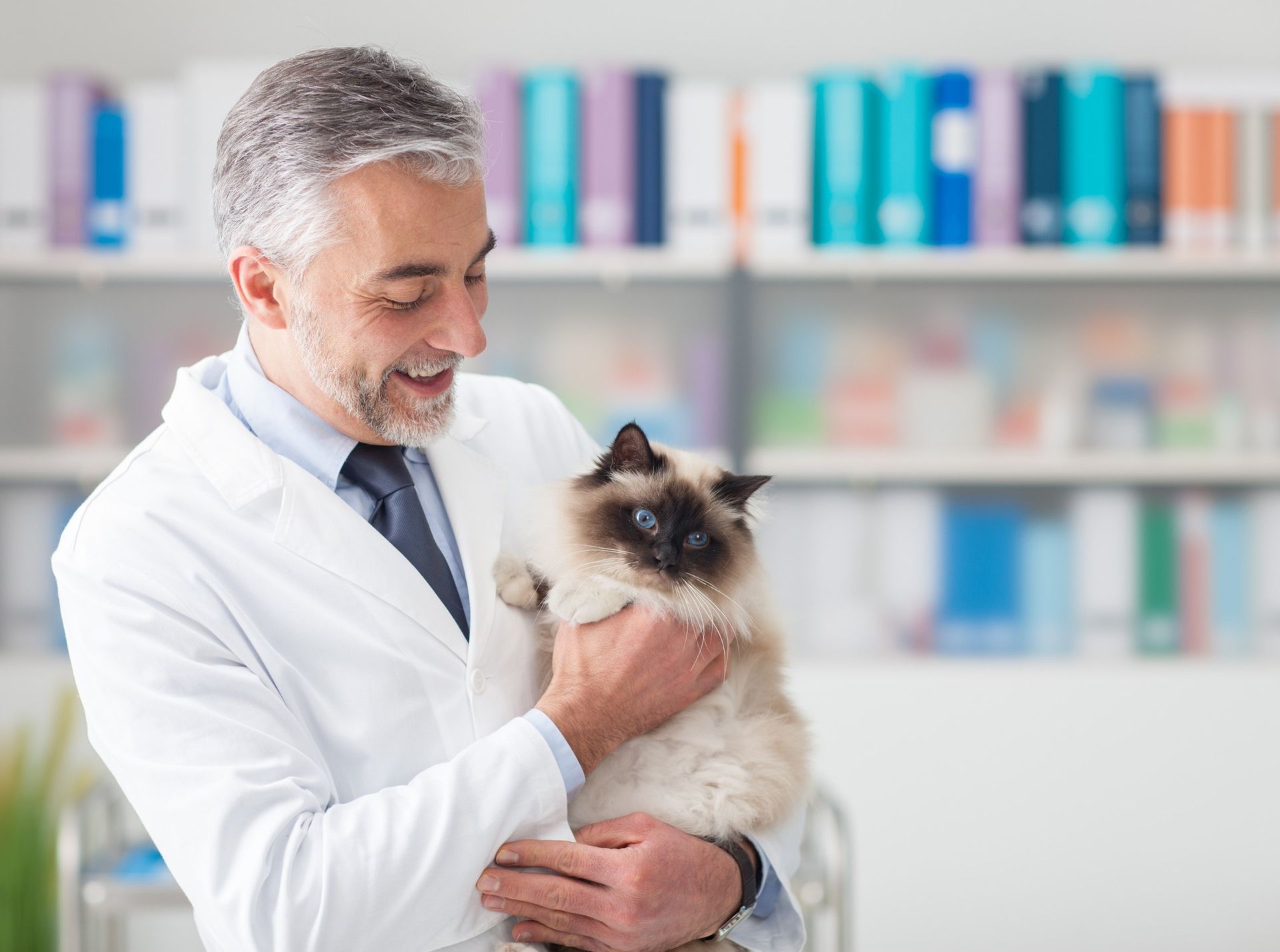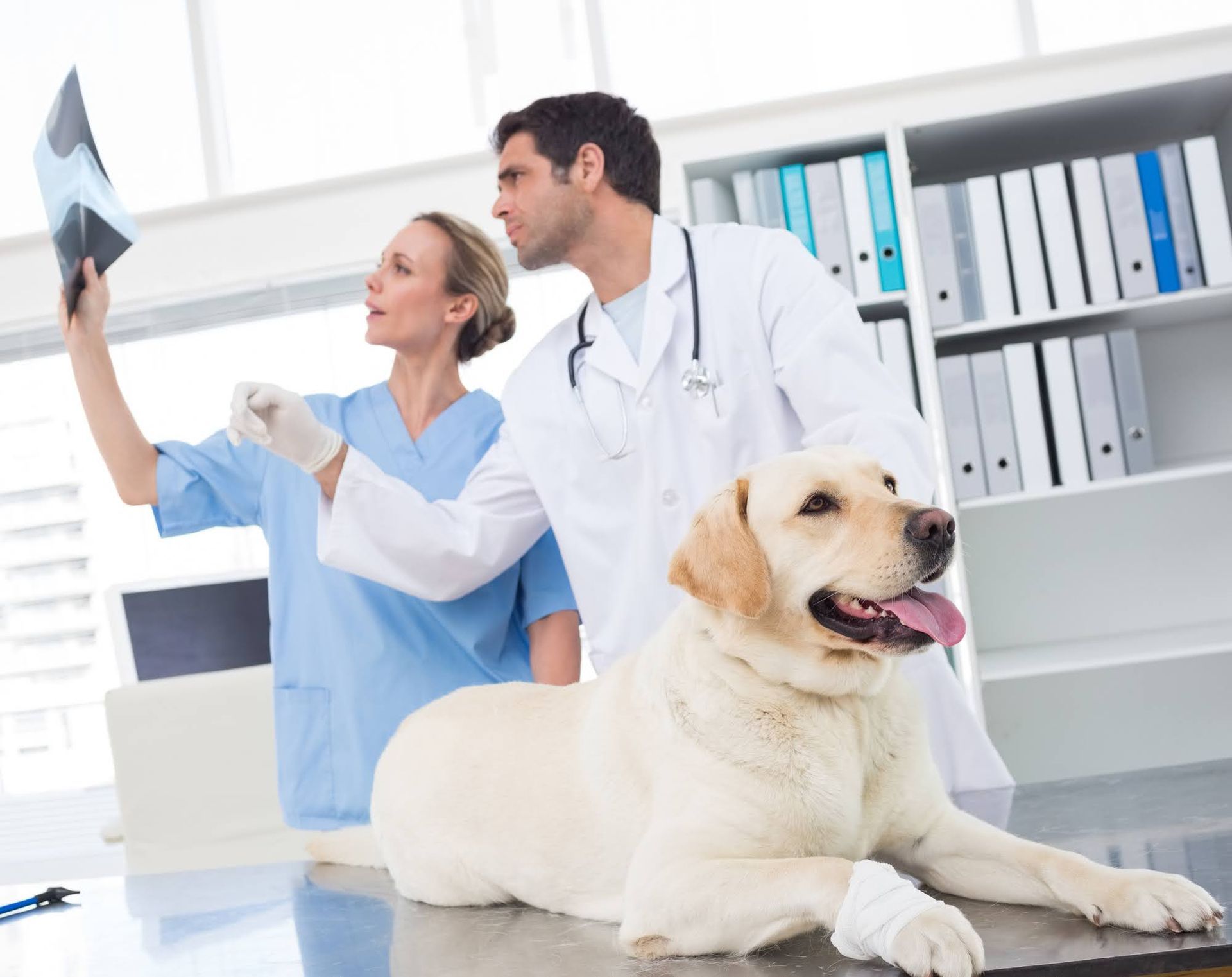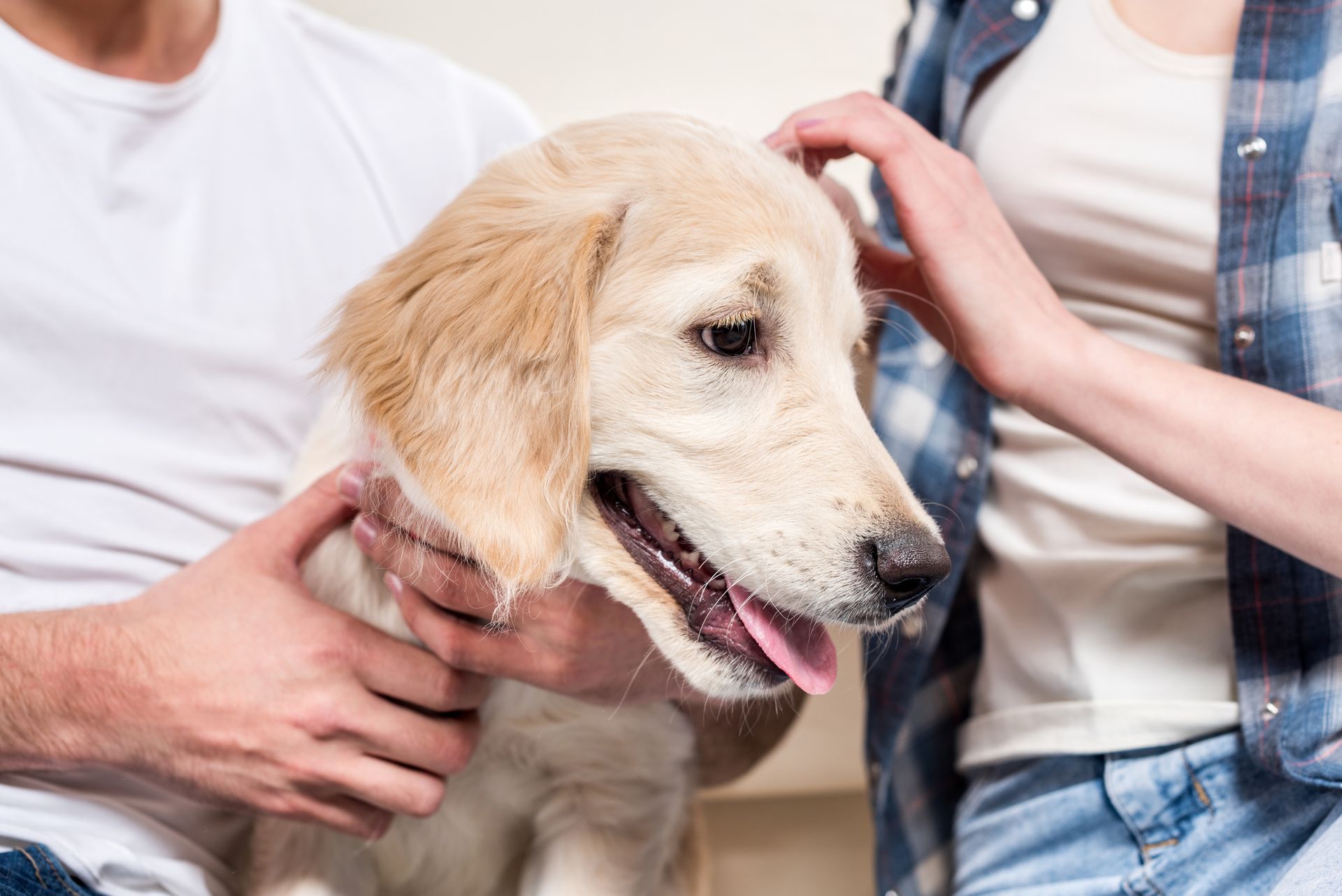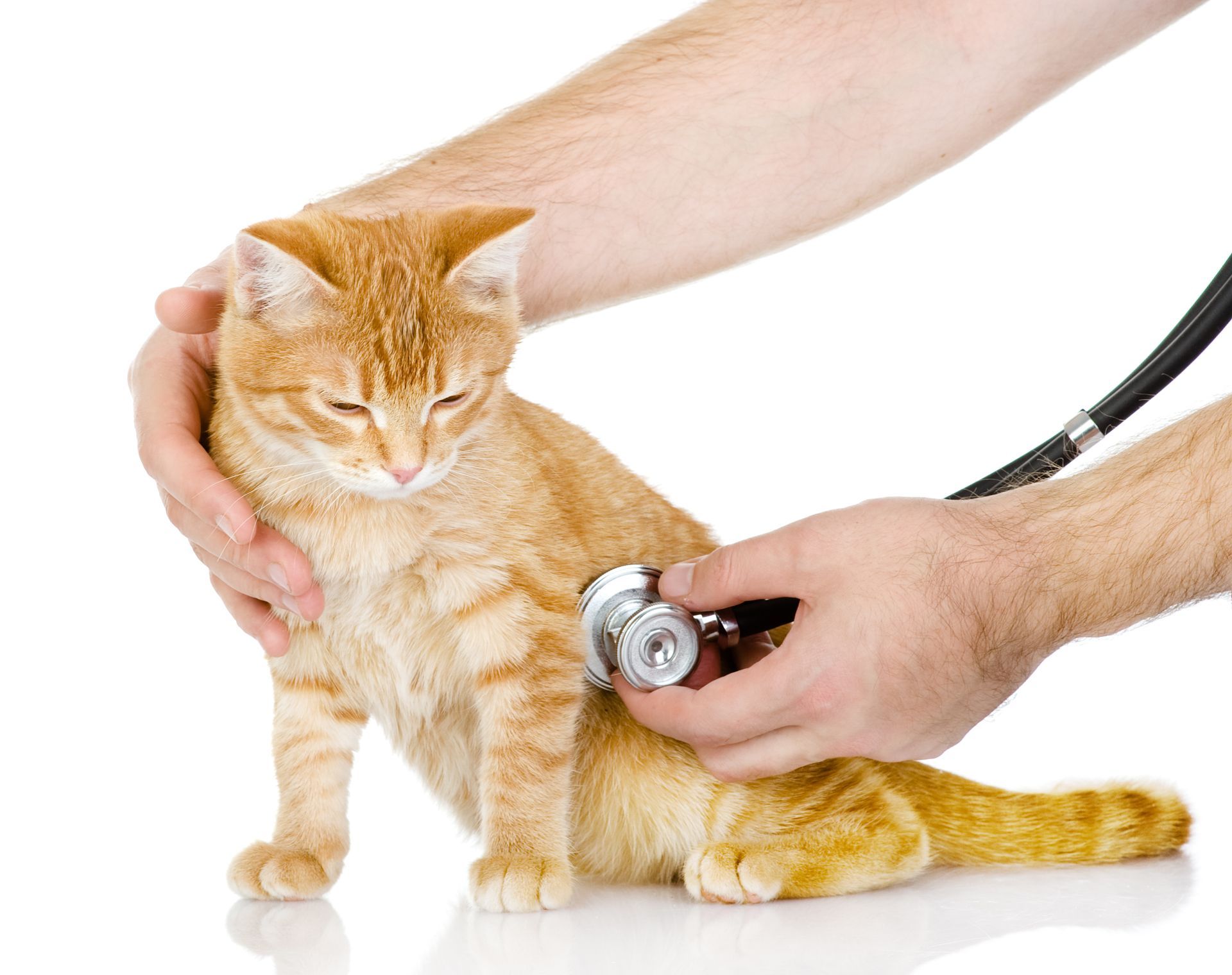Does Your Dog Have Food Sensitivity or Food Allergies?
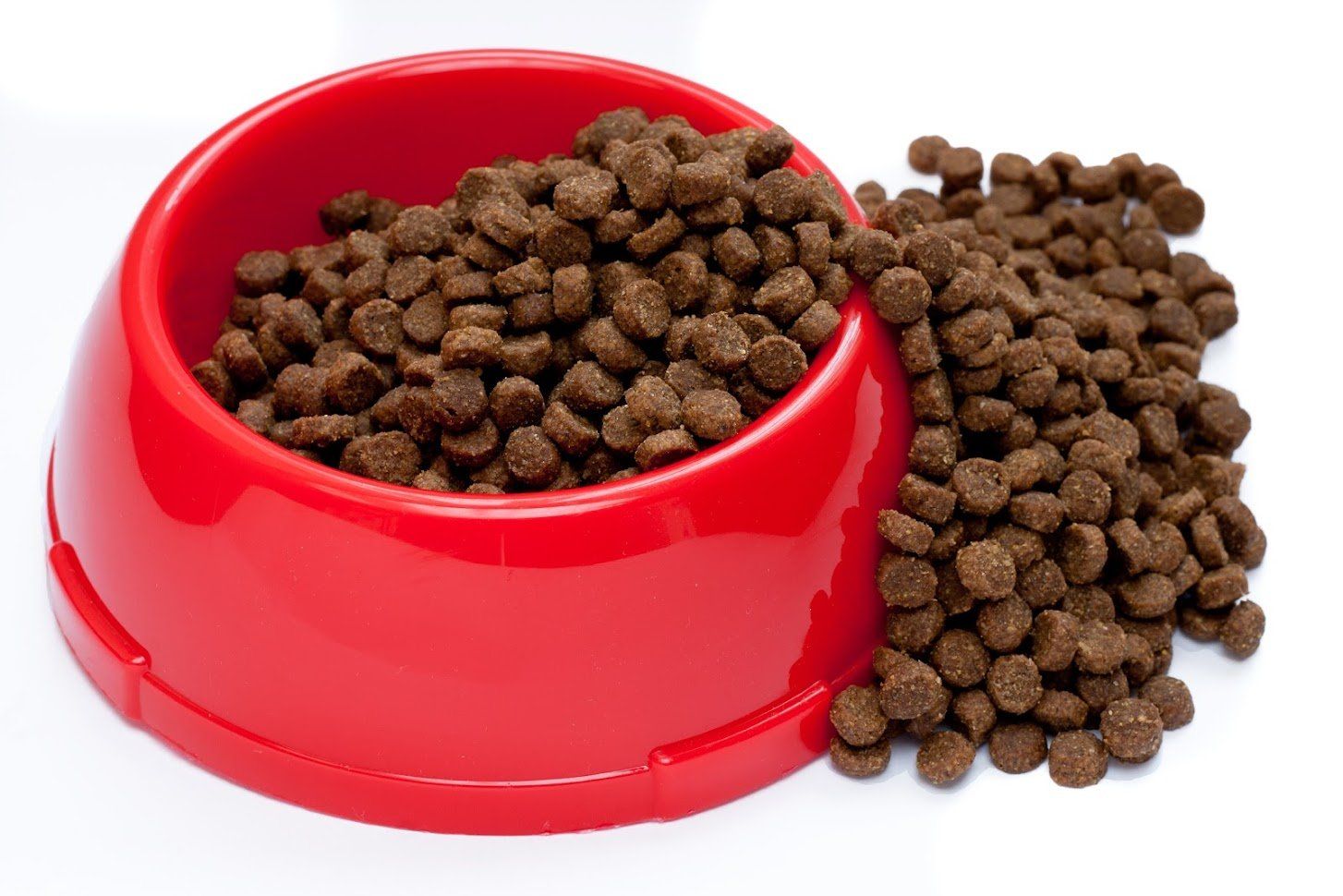
Does your dog seem to have skin or stomach issues after eating certain foods? Do you see these reactions after every meal containing these foods? These physical reactions could be due to food allergies or food sensitivities. Unfortunately, your pet can suffer from food allergies and food sensitivities just like people.
But allergies and sensitivities are not the same. If you do not figure out the difference, this could ultimately cost your pet its life. Discover a few differences between the two.
What Are Food Sensitivities?
A food sensitivity, or food intolerance, is a reaction from your pet's digestive tract when the system cannot break down or process a particular food or contained ingredients.
A true sensitivity or intolerance is rarely life-threatening but can make your pet very ill. Food sensitivities may be from:
- A lack of certain digestive enzymes
- Reactions to additives or preservatives
- Reactions to pharmacological factors
Certain breeds of dogs are also more sensitive to certain foods than others.
Common symptoms of food sensitivity typically present as some gastrointestinal distress. These symptoms include:
- Tender or painful abdomens
- Flatulence
- Intermittent vomiting
- Regurgitation of uneaten food
- Diarrhea
Your dog may also refuse to eat or drink. Your pet can quickly become dehydrated if their symptoms continue longer than a day. These symptoms typically show up after your pet has been exposed to the triggering ingredient more than one time.
What Are Food Allergies?
True food allergies are less common than food sensitivities. Food allergies trigger a response from your pet's immune system. Their immune system produces antibodies that fight against the food or ingredient in the foods they attempt to ingest.
An allergic response is usually seen much quicker after exposure to the allergen than one expected from a food sensitivity. But unfortunately, an allergy can also build up over time.
Common food allergies in dogs include:
- Beef
- Chicken
- Eggs
- Dairy products
- Various grains
Your dog's food allergies could also be an interaction between medication, supplements, and the foods they eat.
Common allergy symptoms include:
- Vomiting
- Diarrhea
- Gas
- Chronic ear infections
- Respiratory issues
- Skin issues
- Hair loss
Severe reactions may also cause anaphylactic shock in your pet. Symptoms include hives, swollen face or muzzle, excessive salivation, or swelling of your pet's airways. These severe reactions can be life-threatening.
How Do You Tell The Difference Between Allergies and Sensitivities?
Unfortunately, food sensitivities and allergies both present in very similar manners. The only real way to discern the difference between the two is to have your vet test your pet. Your vet can perform blood work to look for specific antibodies that indicate an allergic reaction versus a sensitivity.
In addition to blood work, your vet may suggest placing your pet on an elimination diet. This process is to try to identify a specific allergen.
An elimination diet is a special diet that removes all the suspected allergens from your dog's diet for an extended period. If this clears up your dog's symptoms, this may mean they are allergic to something within their regular diet.
If their symptoms return once you reintroduce their regular diet, this is even a more vital sign of an allergen. The only way to determine exactly which allergen it is is to place your pet back on the elimination diet long enough to clear up their symptoms. Once their symptoms are clear, you then reintroduce ingredients back slowly one at a time until they have another reaction.
An elimination diet and allergy testing is something you should only do under the supervision of a veterinarian. Angel Pet Hospital can administer the testing and help you pinpoint what your pet is sensitive or allergic to. Give us a call today so we can help get your pet back on the path to wellness.


